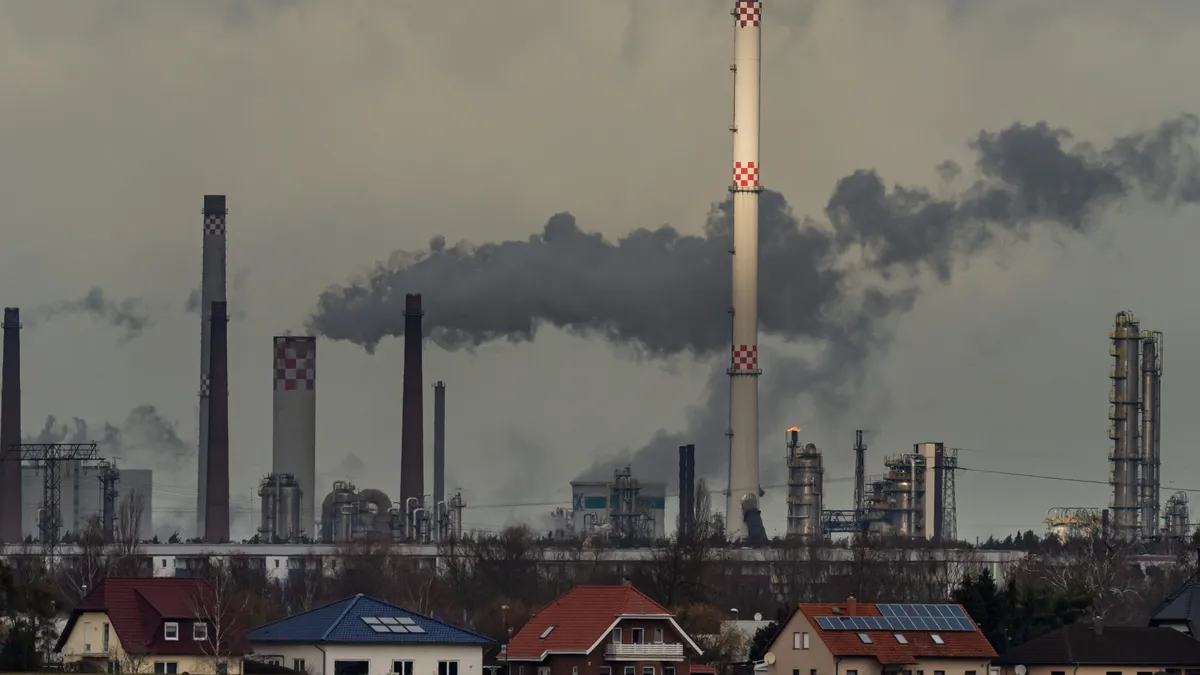By Ben Lefebvre Johanna Sahlberg Victor Jack
“The refinery is the reason the town exists,” Hoppe said, sitting in a spartan second-floor office overlooking the neat rows of the pale Plattenbau apartment blocks that once dominated Soviet-controlled East Germany.
Yet like those apartment blocks, the refinery may soon become a relic of the past. In late 2022, the plant lost its steady Russian energy diet when the aptly named Druzhba (Friendship) pipeline abruptly dried up due to sanctions. Moscow’s oil was no longer welcome after Russia invaded Ukraine.
The plant has yet to recover. And Hoppe is now appealing to Berlin for action — even if it means bringing back Russian oil.
“It is so difficult for people and for all of us here in Schwedt to accept this new economic reality,” said the center-left politician. “Of course we don’t accept the war,” she added, but “traditionally we have always had good relations with Russia,” echoing a sentiment felt across eastern Germany.
Her pleas showcase Europe’s growing conundrum. All over the continent, a bubbling chorus of business leaders and politicians is urging governments to revisit their hard-line stances on Moscow as ceasefire talk hangs in the air and economic anxiety mounts.
Standing in the way are a raft of legal and political hurdles. Officials in Berlin, Brussels and elsewhere are putting up walls, even pushing new plans to end the bloc’s reliance on Moscow for good. But that reserve won’t necessarily hold if political sentiment shifts, the fighting ceases, and struggling industries start demanding access to cheaper Russian energy.
